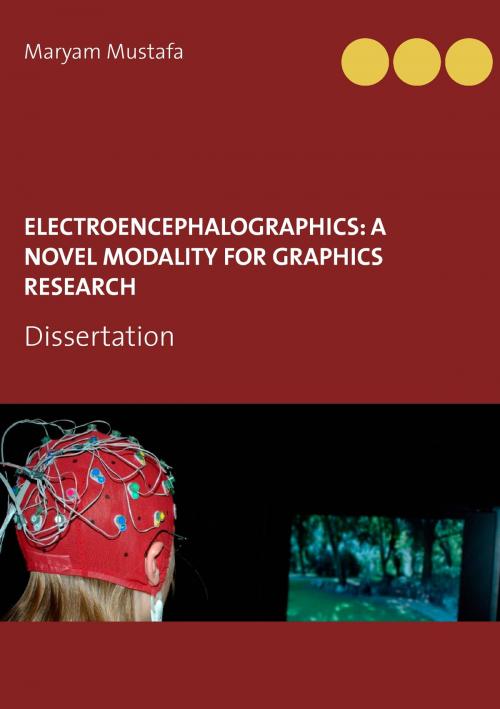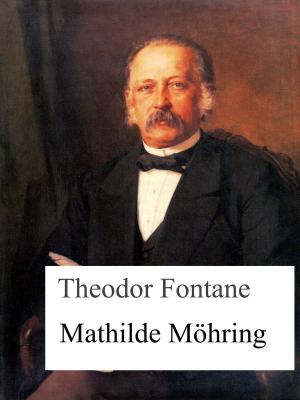ElectroEncephaloGraphics: A Novel Modality For Graphics Research
Dissertation
Nonfiction, Computers, Programming, Programming Languages| Author: | Maryam Mustafa | ISBN: | 9783739296661 |
| Publisher: | Books on Demand | Publication: | October 1, 2015 |
| Imprint: | Language: | English |
| Author: | Maryam Mustafa |
| ISBN: | 9783739296661 |
| Publisher: | Books on Demand |
| Publication: | October 1, 2015 |
| Imprint: | |
| Language: | English |
My work uses EEG data to determine the perceptual quality of videos and images which is of paramount importance for most graphics algorithms. This is especially important given the gap between perceived quality of an image and physical accuracy. This thesis begins by introducing the fundamentals of EEG measurements and its neurophysiological basis. Following this introduction, I present a novel method for determining perceived image and video quality from a single trial of EEG data in response to typical rendering artifacts. I also explore the use of EEG for direct neural feedback and present a neural-feedback loop for the optimization of rendering parameters for images and videos. I conclude with an outlook on what the future of EEG in graphics may hold.
My work uses EEG data to determine the perceptual quality of videos and images which is of paramount importance for most graphics algorithms. This is especially important given the gap between perceived quality of an image and physical accuracy. This thesis begins by introducing the fundamentals of EEG measurements and its neurophysiological basis. Following this introduction, I present a novel method for determining perceived image and video quality from a single trial of EEG data in response to typical rendering artifacts. I also explore the use of EEG for direct neural feedback and present a neural-feedback loop for the optimization of rendering parameters for images and videos. I conclude with an outlook on what the future of EEG in graphics may hold.















